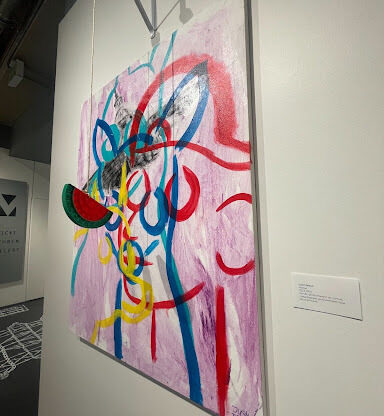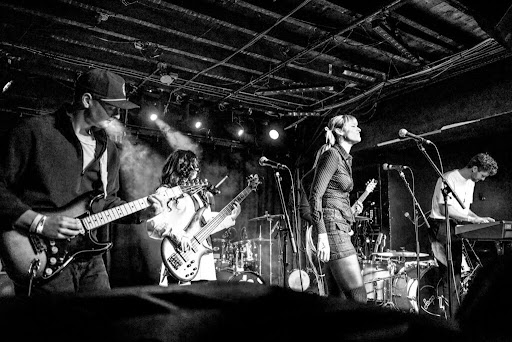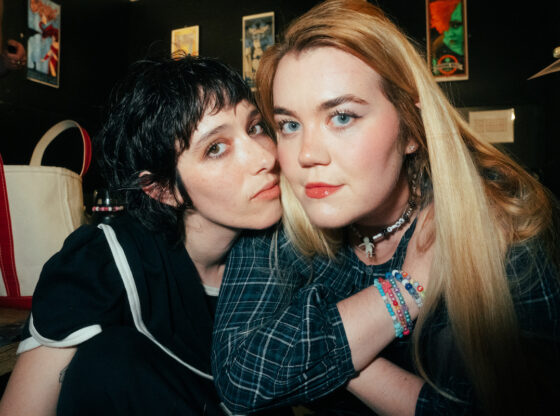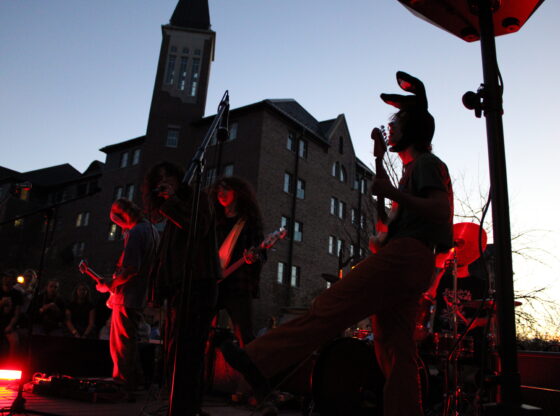Montreal’s Ought, a post-punk band known for turning the sounds of their predecessors like My Bloody Valentine and Joy Division on their heads, dropped “Room Inside the World” on Feb. 16. The album proves to be a melodic, transitional and inward-swirling meditation, much closer to new wave than their two debut albums of 2015.
Ought’s earlier sound has often been compared to Parquet Courts, The Drums or The Yeah Yeah Yeahs. Their fresh release “Room Inside the World” bangs into punk, art rock and new wave like a pinball. This release proves that Ought’s genius lies in its mosaic-like restructuring of genres throughout history. The group is, like all worthy modern music, an original transduction of music trends throughout the decades.
Frontman Tim Darcy aptly described their style as “a dead-split between the old and new,” and the idiom couldn’t be more true. Ought’s new sound feels as familiar and comfortable as The Smiths’ “Barbarism Begins at Home,” without once nearing imitative.
Ought’s first two 2015 albums, “Sun Coming Down” and “More Than Any Day,” were hailed by many as some of the best albums of the year. Their 2015 works operated with cold tonalities, and Darcy’s vocals were characterized by a deadpan delivery.
In contrast, “Room Inside the World” is softer. The album bears influence of new wave bands like Palm or local art-rock trio Body Meat, reeling with wacked-out time signatures and shrill guitar riffs on the off-beat, but it’s offset by frontman Tim Darcy’s tremulous vocals like salt and honey.
Standout tracks include “Into the Sea,” “Disgraced in America” and “Take Everything.” “Into the Sea” is a drifting entrance, followed directly by “Disgraced in America,” a steady uprising that ends in a cacophonic spree. From the album’s beginning, it quickly becomes obvious that Ought is not moored to any specific sound, era or even vocal styling.
“Disaffection” recalls Joy Division’s “Unknown Pleasures” with modulating synth pop and an upward lift in tonality until the chorus breaks down into a heady, punctuated silence. “Desire” bears vocals that border theatrical but are offset with an easy synth-pop beat.
The release is Ought’s way of showing that they’re capable artists who are willing to continue reinventing their sound. In other words, they’re going to be around for a while. Their lyrical optimism and upward swung compositions have brought new life to the post-punk genre that was born out of the early aughts.











